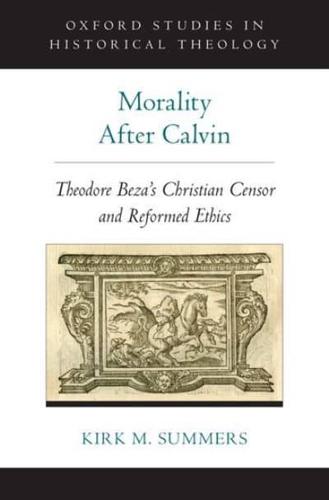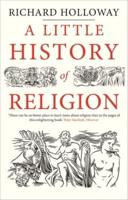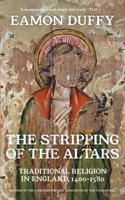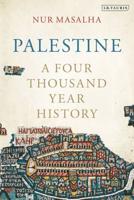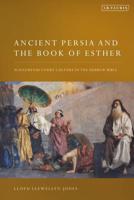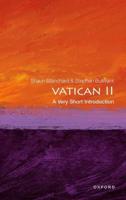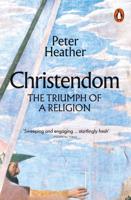Publisher's Synopsis
Morality after Calvin examines the development of ethical thought in the Reformed tradition immediately following the death of Calvin. The book explores a previously unstudied work of Theodore Beza, the Cato Censorius Christianus (1591). When read in conjunction with the works and correspondence of Beza and his colleagues (Simon Goulart, Lambert Daneau, Peter Martyr Vermigli, among others), the poems of the Cato reveal the theoretical underpinnings of the disciplinary activity during the period. Kirk M. Summers shows how the moral fervor of the latter half of the sixteenth century had its genesis in a well-formulated theology that viewed a Christian's sanctification as a process of restoration to an original order created by God. Morality propels one on the journey of life to the ultimate goal of peace and contentment in which God receives the glory. The principles that constitute this morality, therefore, look back to the very moment of creation, when God structured human relationships, established a certain order in nature, and issued commands. After the Fall, the Mosaic Law and Christ himself, to whom the faithful are united by the Holy Spirit, embody these principles. They include an ethos of listening, sincerity of life, engagement with one's calling, love of neighbor, respect for divinely ordained order, and a desire for the purity of the flock.


